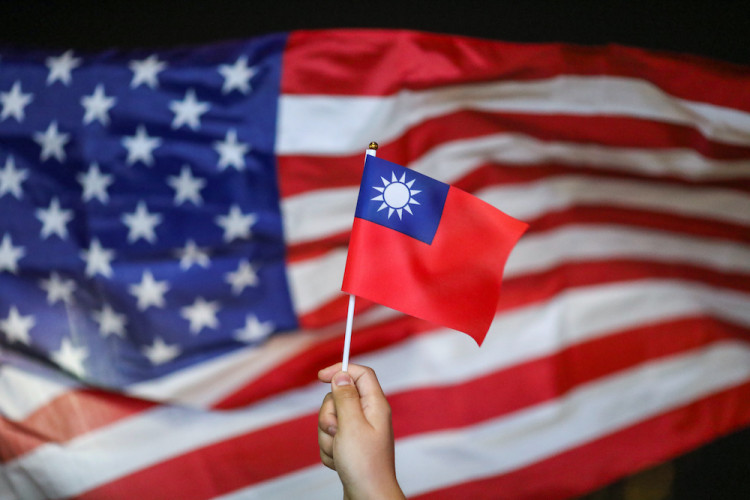Top American military staff have alerted president Joe Biden to a possible Chinese invasion of Taiwan in the near future, making him the first U.S. leader faced with the decision to send military aid to the sovereign island nation.
"This problem is much closer to us than most think," Navy Admiral John Aquilino told the Senate Armed Services Committee in March. "We ought to be prepared today."
China has sent 25 warplanes into Taiwanese airspace in recent weeks, the largest show of its might in the sky to date - and naval exercises are currently underway in the ocean between the Communist-controlled Mainland and the small democratically-governed state it considers a "lost province".
"We do not promise to renounce the use of force and reserve the option to use all necessary measures," Chinese leader Xi Jinping warned in 2019, putting American military on high alert.
Taiwan may be halfway across the world from the U.S. but both countries are tied together under a 1979 policy that promises aid in case of Chinese invasion.
From the end of WWII, when Chang Kai-shek's Nationalist party emerged as the ruling force in Taiwan, to the late 1970s, the U.S. recognized Taiwan as the sole China. President Jimmy Carter reversed this policy course in 1979 when he established formal diplomatic relations with the People's Republic of China and consequently terminated ties with Taiwan.
Republicans and Democrats alike in Congress were angry at this decision, leading to the Taiwan Relations Act passing into law three months later that maintained a close alliance between the two nations.
"The United States shall make available to Taiwan such defense articles and defense services in such quantity as may be necessary to enable Taiwan to maintain a sufficient self-defense capacity as determined by the President and the Congress," signatories of the act pledged.
The worst case scenario is armed conflict between the U.S. and China, two of the world's biggest superpowers and to prevent this, both countries have been engaged in a delicate balancing act.
"It would be a serious mistake for anyone to try to change the existing status quo by force," American secretary of state Antony Blinken said during an interview this month.
But observers do not expect this shaky detente to last. "This is the quiet before the storm," Joseph Hwang, a professor at Chung Yuan Christian University in Taiwan, told a Vox reporter.
"The Chinese government is looking for a good time to push for reunification by force. They just haven't found the right time yet."





